CS Welcomes Six New Faculty
The department is thrilled to introduce a cadre of new researchers poised to join the charge in artificial intelligence (AI) and quantum computing.
The department is thrilled to introduce a cadre of new researchers poised to join the charge in artificial intelligence (AI) and quantum computing.
Josh Alman, Toniann Pitassi, and Richard Zemel join the department. They will facilitate research and learning in CS theory, machine learning, and artificial intelligence.
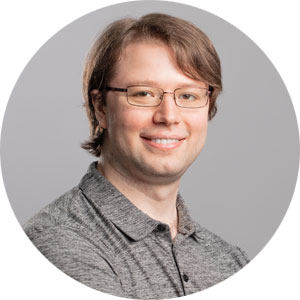 Josh Alman
Josh Alman
Assistant Professor
PhD Computer Science, Massachusetts Institute of Technology 2019
MS Computer Science, Stanford University 2016
BS Mathematics, Massachusetts Institute of Technology 2014
Josh Alman is a theoretical computer scientist who works broadly throughout algorithm design and complexity theory. His current research focuses on algorithms for fundamental algebraic problems. In particular, he is interested in how quickly one can multiply matrices and compute important linear transforms like Fourier transforms, and how to apply algebraic tools like these to new problems throughout computer science.
Alman joins the Theory Group and looks forward to working with students who have a background in theoretical computer science or mathematics on various projects. This Fall, he will teach a graduate class on algebraic techniques in algorithms and complexity.
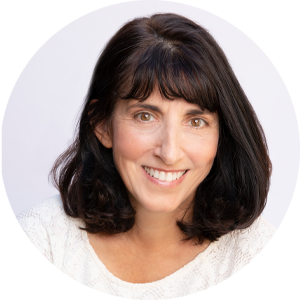 Toniann Pitassi
Toniann Pitassi
Jeffrey L. and Brenda Bleustein Professor of Engineering
PhD Computer Science, University of Toronto 1992
MS Computer Science, Pennsylvania State University 1985
BS Chemistry & Computer Science, Pennsylvania State University 1985
Pitassi’s research area is computational complexity: what are the inherent limitations on the resources (time, space, randomness) required to solve fundamental computational problems? An important direction aimed at resolving the ultimate question of this type, the P versus NP question, is propositional proof complexity, which studies the difficulty of proving tautological statements in standard proof systems. She has also worked extensively in communication complexity which studies how much information must be communicated between two or more players in order to compute a joint function of their inputs. Her other research interests lie in the foundations of machine learning, particularly in the areas of privacy, fairness, and reproducibility.
Previously Pitassi was the Bell Research Chair at the University of Toronto, a Canadian Institute for Advanced Research research chair, and a research lead at the Schwartz-Reisman Institute for Technology and Society. She currently holds a five-year appointment as visiting professor at the Institute for Advanced Study. Pitassi is the 2021 EATCS Award recipient and was an invited speaker at the International Congress of Mathematicians
At Columbia, Pitassi joins the department’s Theory Group and the Machine Learning Group. She is excited to collaborate with new colleagues and graduate students at Columbia and to explore New York. Her hobbies and outside interests are constantly changing with the latest being stained glass.
 Richard Zemel
Richard Zemel
Professor of Computer Science
PhD Computer Science, University of Toronto 1994
MS Computer Science, University of Toronto 1989
BA History and Science, Harvard University 1984
Richard Zemel’s research focuses on machine learning and artificial intelligence. He is also interested in natural intelligence, including neuroscience and cognitive science. His recent research targets learning with few labels and creating robust and controllable machine learning systems, which can transfer to a variety of tasks and domains. He also has a strong interest in algorithmic fairness.
Previously, Zemel was the NSERC Industrial Research Chair in Machine Learning at the University of Toronto, and co-founded and served as the Research Director of the Vector Institute for Artificial Intelligence. He is the recipient of an ONR Young Investigator Award, an NVIDIA Pioneer of AI Award, and is a Fellow of the Canadian Institute for Advanced Research.
This Fall, he will teach a course on Neural Networks and Deep Learning and will teach a seminar class on machine learning in the Spring term. Zemmel is looking for PhD students who are interested in machine learning to join his research group. In his spare time, he likes sports such as hockey, squash and biking, and eating.
The computer science department welcomes two new faculty members. These new CS faculty are facilitating research and learning in natural language processing and quantum theory.
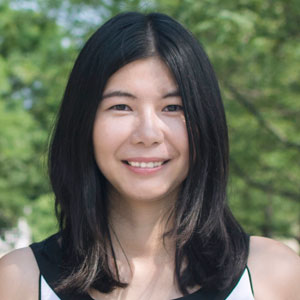
Zhou Yu
Assistant Professor
PhD Computer Science, Carnegie Mellon University 2017
BS Computer Science and BA Linguistics, Chu Kochen Honors College at Zhejiang University 2011
Zhou Yu designs algorithms for real-time intelligent interactive systems that coordinate with user actions that are beyond spoken languages, including non-verbal behaviors to achieve effective and natural communications. In particular, she optimizes human-machine communication via studies of multimodal sensing and analysis, speech and natural language processing, machine learning and human-computer interaction.
Yu aims to bring together all the areas above to design, implement and deploy end-to-end real-time interactive intelligent systems that are able to plan globally considering interaction history and current user actions to achieve better user experience and task performance.
Prior to Columbia, Yu was an Assistant Professor in the Computer Science Department at University of California, Davis, where she directed the Davis NLP Lab. She is the winner of a Google GCP Credit Award and has been named an Amazon Alexa Prize Champion and a 2018 Forbes 30 Under 30 in Science.
Yu is teaching Dialog Systems this Spring and is looking for PhD, master, and undergrad students with a background in natural language processing to join her research projects.
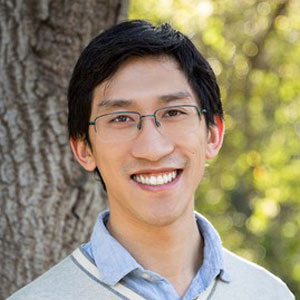 Henry Yuen
Henry Yuen
Assistant Professor
PhD Computer Science, Massachusetts Institute of Technology (MIT) 2016
BA Mathematics, University of Southern California 2010
Henry Yuen is a theoretical computer scientist whose goal is to understand the fundamental principles of computation in a universe governed by quantum physics (such as ours). He studies questions at the interface of quantum information theory, computational complexity theory, and cryptography.
He has made a number of contributions to the theory of quantum multiprover interactive proofs, including the discovery that such interactive proofs can verify solutions to uncomputable problems. Yuen also works on quantum cryptography; some of his contributions include designing protocols for infinite randomness expansion using untrusted quantum hardware.
Yuen was a postdoctoral associate at UC Berkeley from 2016-2018 and an assistant professor in Computer Science and Mathematics at the University of Toronto between 2018–2020. He is the recipient of a Simons-Berkeley Research Fellowship and a Google Quantum Research Award.
This semester he is teaching Introduction to Quantum Computing that is aimed at graduate students and advanced undergraduates who are looking to learn about the basics of quantum computation. For his research projects, he is currently looking for talented students to work on fundamental questions that cut across mathematics, computer science, and physics.
Elias Bareinboim, Brian Smith, and Shuran Song join the department.
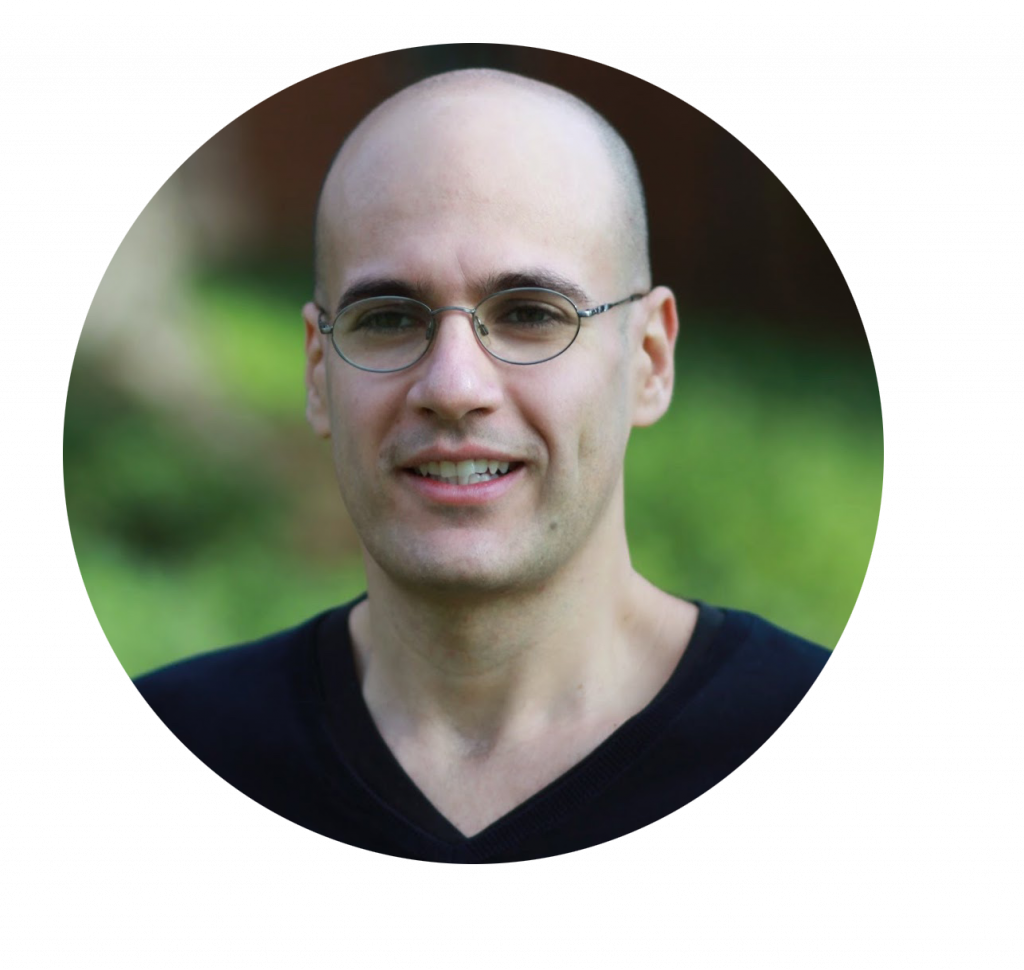
Elias Bareinboim
Associate Professor, Computer Science
Director, Causal Artificial Intelligence Lab
Member, Data Science Institute
PhD, Computer Science, University of California, Los Angeles (UCLA), 2014
BS & MS, Computer Science, Federal University of Rio de Janeiro (UFRJ), 2007
Elias Bareinboim’s research focuses on causal and counterfactual inference and its application to data-driven fields in the health and social sciences as well as artificial intelligence and machine learning. His work was the first to propose a general solution to the problem of “causal data fusion,” providing practical methods for combining datasets generated under heterogeneous experimental conditions and plagued with various biases. This theory and methods constitute an integral part of the discipline called “causal data science,” which is a principled and systematic way of performing data analysis with the goal of inferring cause and effect relationships.
More recently, Bareinboim has been investigating how causal inference can help to improve decision-making in complex systems (including classic reinforcement learning settings), and also how to construct human-friendly explanations for large-scale societal problems, including fairness analysis in automated systems.
Bareinboim is the recipient of the NSF Faculty Early Career Development (CAREER) Award, IEEE AI’s 10 to Watch, and a number of best paper awards. Later this year, he will be teaching a causal inference class intended to train the next generation of causal inference researchers and data scientists. Bareinboim directs the Causal Artificial Intelligence Lab, which currently has open positions for Ph.D. students and Postdoctoral scholars.
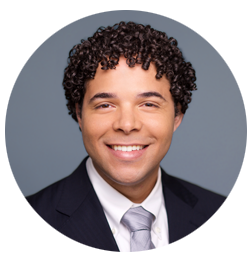
Brian Smith
Assistant Professor
PhD, Computer Science, Columbia University, 2018
MPhil, Computer Science, Columbia University, 2015
MS, Computer Science, Columbia University, 2011
BS, Computer Science, Columbia University, 2009
Brian Smith’s interests lie in human-computer interaction (HCI) and creating computers that can help people better experience the world. His past research on video games for the visually impaired was featured in Quartz, TechCrunch, the Huffington Post, among others.
Smith has spent the last year at Snap Research (Snap is best known for Snapchat) developing new concepts in human–computer interaction (HCI), games, social computing, and augmented reality. He will continue to work on projects with Snap while at Columbia.
He comes back to the department as an assistant professor and is set to teach a class on user interface design this fall. That class had a waitlist of 235 students hoping to be part of the class. Smith shared that back when he was a student, there were only 35 students in the class he was enrolled in. “There is definitely more interest in computer science now compared to even five years ago,” he said.
Smith hopes to start a HCI group and is looking for PhD students. He encourages students from underrepresented groups to apply.
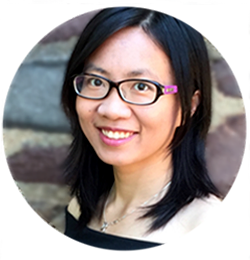
Shuran Song
Assistant Professor
PhD, Computer Science, Princeton University, 2018
MS, Computer Science, Princeton University, 2015
BEng, Computer Engineering, Hong Kong University of Science and Technology, 2013
Shuran Song is interested in artificial intelligence with an emphasis on computer vision and robotics. The goal of her research is to enable machines to perceive and understand their environment in a way that allows them to intelligently operate and assist people in the physical world.
Previously, Song worked at Google Brain Robotics as a researcher and developed TossingBot, a robot that learns to how to accurately throw arbitrary objects through self-supervised learning.
This fall, she is teaching a seminar class on robot learning. Song currently has one PhD student who is working on active perception — enabling robots to learn from their interactions with the physical world, and autonomously acquire the perception and manipulation skills necessary to execute complex tasks. She is looking for more students who are interested in machine learning for vision and robotics.
The department welcomes Baishakhi Ray, Ronghui Gu, Carl Vondrick, and Tony Dear.

Baishakhi Ray
Assistant Professor, Computer Science
PhD, University of Texas, Austin, 2013; MS, University of Colorado, Boulder, 2009; BTech, Calcutta University, India, 2004; BSc, Presidency College, India, 2001
Baishakhi Ray works on end-to-end software solutions and treats the entire software system – anything from debugging, patching, security, performance, developing methodology, to even the user experience of developers and users.
At the moment her research is focused on machine learning bias. For example, some models see a picture of a baby and a man and identify it as a woman and child. Her team is developing ways on how to train a system and to solve practical problems.
Ray previously taught at the University of Virginia and was a postdoctoral fellow in computer science at the University of California, Davis. In 2017, she received Best Paper Awards at the SIGSOFT Symposium on the Foundations of Software Engineering and the International Conference on Mining Software Repositories.
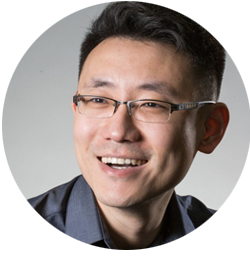
Ronghui Gu
Assistant Professor, Computer Science
PhD, Yale University, 2017; Tsinghua University, China, 2011
Ronghui Gu focuses on programming languages and operating systems, specifically language-based support for safety and security, certified system software, certified programming and compilation, formal methods, and concurrency reasoning. He seeks to build certified concurrent operating systems that can resist cyberattacks.
Gu previously worked at Google and co-founded Certik, a formal verification platform for smart contracts and blockchain ecosystems. The startup grew out of his thesis, which proposed CertiKOS, a comprehensive verification framework. CertiKOS is used in high-profile DARPA programs CRASH and HACMS, is a core component of an NSF Expeditions in Computing project DeepSpec, and has been widely considered “a real breakthrough” toward hacker-resistant systems.
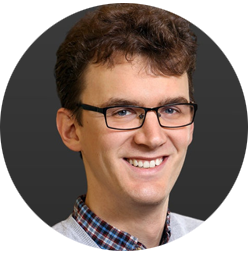
Carl Vondrick
Assistant Professor, Computer Science
PhD, Massachusetts Institute of Technology, 2017; BS, University of California, Irvine, 2011
Carl Vondrick’s research focuses on computer vision and machine learning. His work often uses large amounts of unlabeled data to teach perception to machines. Other interests include interpretable models, high-level reasoning, and perception for robotics.
His past research developed computer systems that watch video in order to anticipate human actions, recognize ambient sounds, and visually track objects. Computer vision is enabling applications across health, security, and robotics, but they currently require large labeled datasets to work well, which is expensive to collect. Instead, Vondrick’s research develops systems that learn from unlabeled data, which will enable computer vision systems to efficiently scale up and tackle versatile tasks. His research has been featured on CNN and Wired and in a skit on the Late Show with Stephen Colbert, for training computer vision models through binge-watching TV shows.
Recently, three research papers he worked on were presented at the European Conference for Computer Vision (EECV). Vondrick comes to Columbia from Google Research, where he was a research scientist.
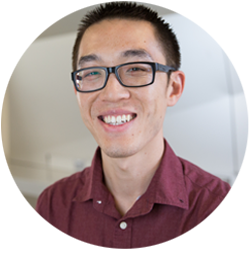
Tony Dear
Lecturer in Discipline, Computer Science
PhD, Carnegie Mellon University, 2018; MS, Carnegie Mellon University, 2015; BS, University of California, Berkeley, 2012
Tony Dear’s research and pedagogical interests lie in bringing theory into practice. In his PhD research, this idea motivated the application of analytical tools to motion planning for “real” or physical locomoting robotic systems that violate certain ideal assumptions but still exhibit some structure – how to get unconventional robots to move around with stealth of animals and biological organisms. Also, how to simplify tools and expand that to other systems, as well as how to generalize mathematical models to be used in multiple robots.
In his teaching, Dear strives to engage students with relatable examples and projects, alternative ways of learning, such as an online curriculum with lecture videos. He completed the Future Faculty Program at the Eberly Center for Teaching Excellence at Carnegie Mellon and has been the recipient of a National Defense Science and Engineering Graduate Fellowship.
At Columbia, Dear is looking forward to teaching computer science, robotics, and AI. He hopes to continue small-scale research projects in robotic locomotion and conduct outreach to teach teens STEM and robotics courses.
Find open faculty positions here.
President Bollinger announced that Columbia University along with many other academic institutions (sixteen, including all Ivy League universities) filed an amicus brief in the U.S. District Court for the Eastern District of New York challenging the Executive Order regarding immigrants from seven designated countries and refugees. Among other things, the brief asserts that “safety and security concerns can be addressed in a manner that is consistent with the values America has always stood for, including the free flow of ideas and people across borders and the welcoming of immigrants to our universities.”
This recent action provides a moment for us to collectively reflect on our community within Columbia Engineering and the importance of our commitment to maintaining an open and welcoming community for all students, faculty, researchers and administrative staff. As a School of Engineering and Applied Science, we are fortunate to attract students and faculty from diverse backgrounds, from across the country, and from around the world. It is a great benefit to be able to gather engineers and scientists of so many different perspectives and talents – all with a commitment to learning, a focus on pushing the frontiers of knowledge and discovery, and with a passion for translating our work to impact humanity.
I am proud of our community, and wish to take this opportunity to reinforce our collective commitment to maintaining an open and collegial environment. We are fortunate to have the privilege to learn from one another, and to study, work, and live together in such a dynamic and vibrant place as Columbia.
Sincerely,
Mary C. Boyce
Dean of Engineering
Morris A. and Alma Schapiro Professor